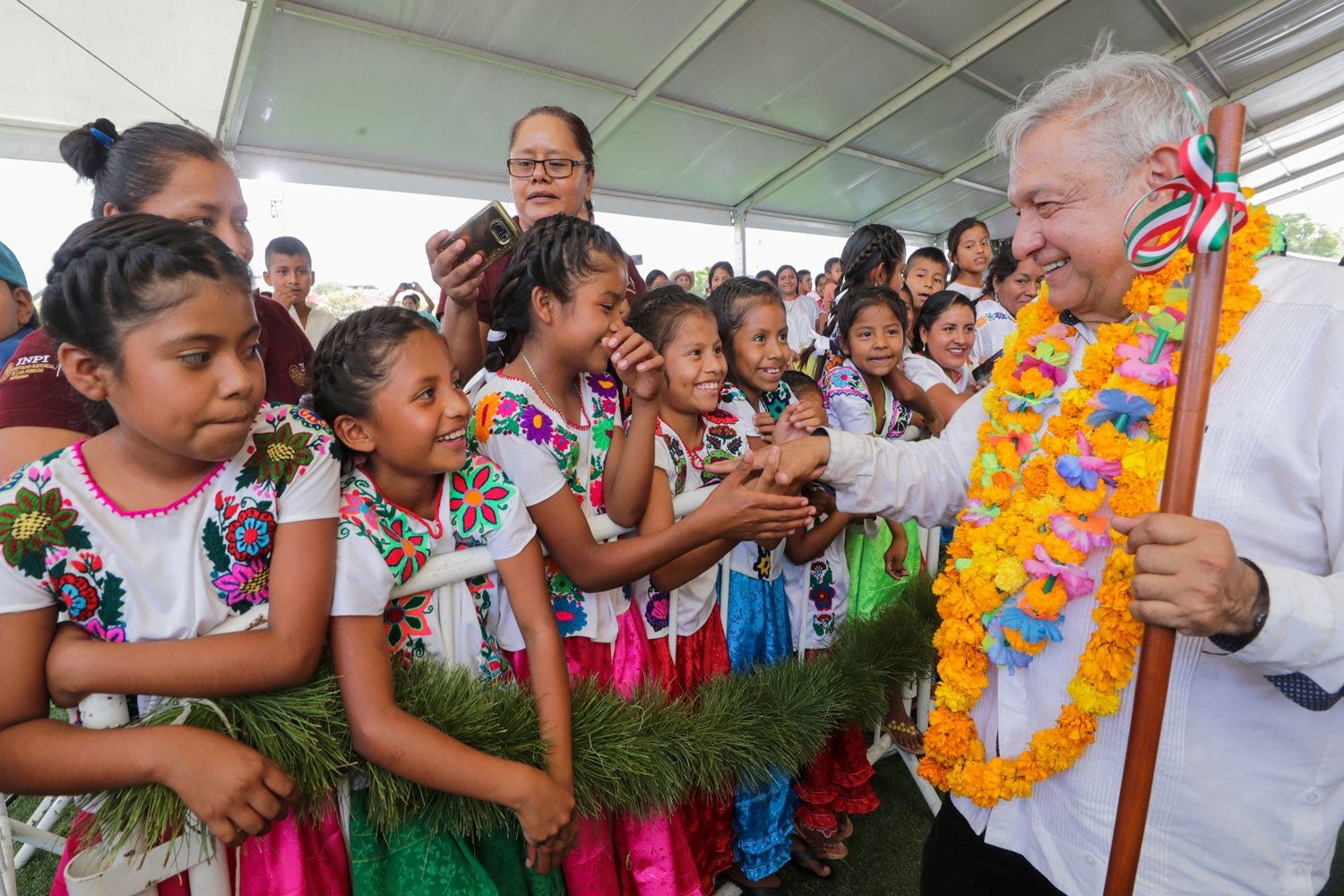Mexico can’t afford to limit travel from US despite coronavirus threat
Mexico’s deputy health minister was hesitant last week when discussing the idea of tightening the US border to tackle the novel coronavirus.


Mexico’s deputy health minister was hesitant last week when discussing the idea of tightening the US border to tackle the novel coronavirus.
“If it were technically necessary to consider mechanisms of restriction or stronger surveillance, we would have to take into account not that Mexico would bring the virus to the United States, rather that the United States could bring it here,” he told a news conference, without expanding on what those measures could look like.
The country faces a quandary. It has just 53 confirmed coronavirus cases compared to more than 4,000 in the US, but its economy is heavily dependent on trade with its northern neighbor. The drop in US demand spurred by Covid-19 has already caused Mexico’s moderate growth projections to fall. Barclays now expects its economy to shrink by 2% this year.
“Mexico cannot survive without goods crossing the border,” said Duncan Wood, director of the Mexico Institute at the Wilson Center think tank. “Last year, the only thing that kept the Mexican economy even close to 0% growth—it ended up with a 0.1% or 0.2% contraction—the only thing that kept it close to positive territory was demand from the US.” Tourism is also a critical part of Mexico’s economy, generating 8.5% of GDP in 2017. It provides important foreign exchange revenue, particularly as the peso plummets to record lows.
Mexico polices its side of the border lightly. If it imposed modest screening measures, the best case scenario would be a 0.1% drop in GDP, said Andres Abadia, senior economist for Latin America at Pantheon Macroeconomics, a research firm. “But if we see more disruptions and lockdowns, there would be a significant impact—it could be from 0.8% to 0.5% or even more,” he said. Abadia expects the economy to shrink 0.5% even if the border stays open and the crisis is resolved relatively quickly.
Mexico’s populist president Andres Manuel Lopez Obrador has been criticized for what some see as a laissez-faire attitude to the pandemic. As much of the world imposes travel bans, Mexico is keeping its borders open. Sports matches were played last weekend, and tens of thousands of people attended a music festival in Mexico City. Lopez Obrador himself has continued hugging and kissing supporters, telling a news conference that he would only stop if ordered by a doctor.
The virus has had a fairly limited impact so far in Latin America. Only Brazil and Chile have more than a hundred confirmed cases—with 200 and 155 respectively, according to Johns Hopkins. Seven deaths have been recorded across the region.
Woods said Mexico’s government needs take urgent measures to stop the virus from spreading. “What needs to be done right now is actually internal public health measures to do with public education, social distancing, and building up the response capacity of the Mexican public health system, which is in a woeful state,” he said, noting that cuts and changes to procurement procedures brought in by Lopez Obrador have taken a heavy toll on the medical system. “You’ve now got shortages of basic medicine, shortages of supplies such as masks in Mexican hospitals. You’ve got doctors and staff who have seen pay cuts. This does not look like a recipe for success in dealing with the onset of a pandemic.”
To implement those measures, Lopez Obrador, a budget hawk, will likely have to start spending more, Abadia said. That could deal another blow to its credit rating, after a downgrade by Fitch last year.